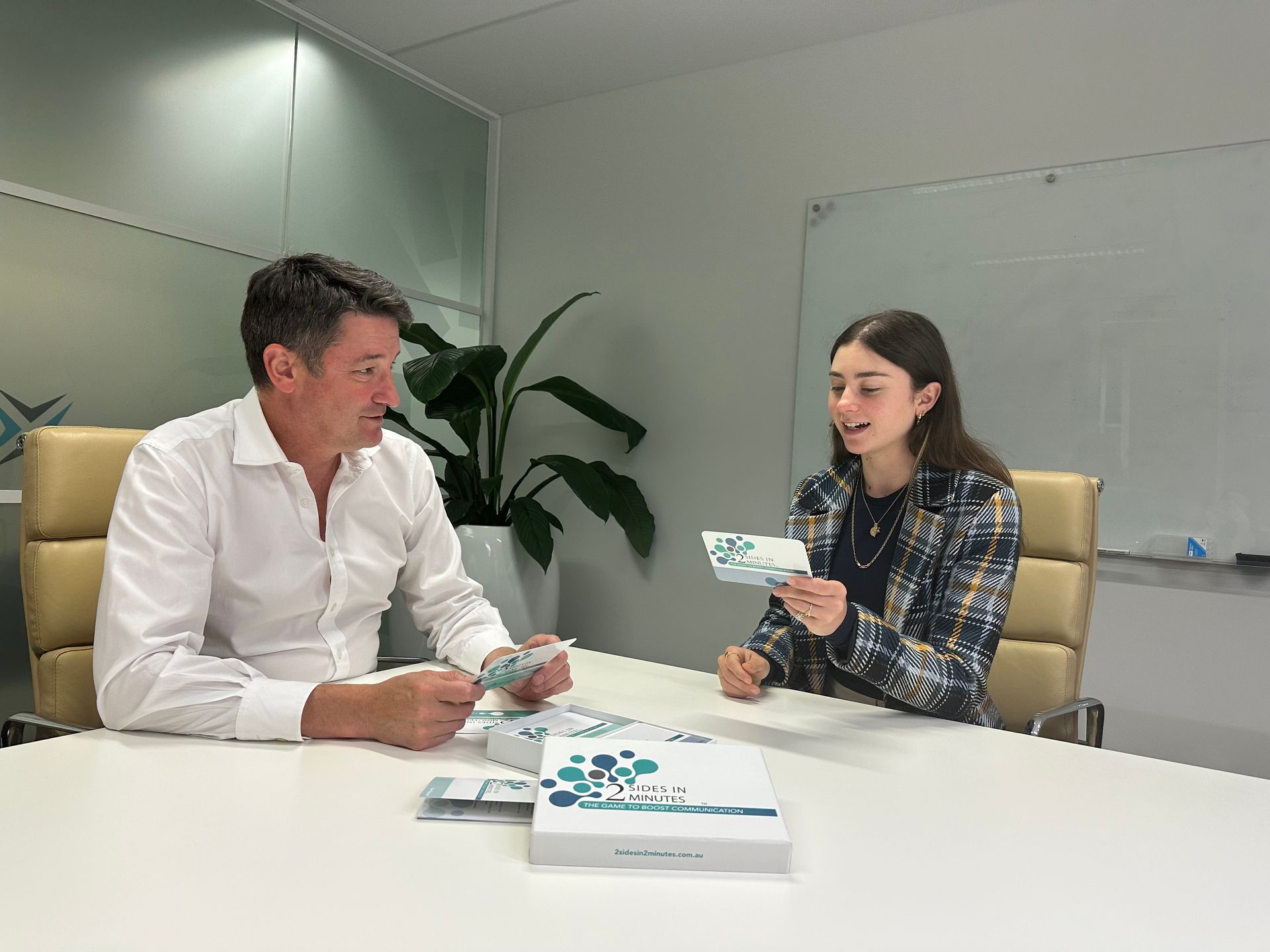Trending Blogs


CHANGE MANAGEMENT IN THE EDUCATION SECTOR

LEARN ABOUT CHANGE MANAGEMENT IN EDUCATION SECTOR
IN AN ERA WHERE STUDENTS MAY WORK ON JOBS THAT HAVE NOT EVEN BEEN INVENTED YET, MACHINES ARE BECOMING SO ADVANCED THAT THEY OUTPERFORM HUMANS AND AUTOMATION IS AFFECTING MOST PROFESSIONS, HOW ARE EDUCATION INSTITUTIONS ADJUSTING THEIR TRADITIONAL BUSINESS MODEL?
Most education providers have recognised the importance of targeting the jobs of the future, realising that unless they adapt their service offering to make students more attractive to potential employers, their market share will be negatively impacted.
Universities, now more than ever, are partnering with the VET sector to provide the soft and practical skills that are in such high demand. Employers want recent graduates that can work in a team, know how to perform everyday tasks related to their profession and that have practical, additional certifications. There’s also a rise of micro-credentials, qualifications that along with a postgraduate degree allow professionals to quickly learn specific new skills (e.g. artificial intelligence)
For a generation that has been tech savvy since early childhood, not only the content of those courses needed to be adjusted, but also the format classes are delivered. Most institutions are working on offering a personalised learning experience by using e-learning or blended learning solutions. Some Universities are also exploring different methods to organise the semester, like using ‘blocks’ to deliver a course at a time in approximately one month.
Besides their product, education institutions are also undertaking a large transformation on the way they operate as a business. Trends are to update obsolete systems, optimise (and automate) back-end process and in many cases, centralise functions that used to be run independently by each faculty.
To run such large transformations, some Universities and TAFEs have mirrored how the corporate world has previously undertaken them. To do so, in many cases they brought full project teams that came from outside the education sector and that presented several cultural challenges as they were perceived as outsiders.
For new comers, it was key to learn how the sector operates and what the drivers are when making decisions. The sector is collaborative by nature, and the benefit realisation exercise is not purely based on a profit and loss statement, but rather by considering the overall benefits to society, students and staff.
The audience and how they react to those changes it’s also quite different. In education, we should remember one of the reasons we value and love academics in society is because of their ability to question and not to accept a status quo. The most successful professionals learnt and understood that when engaging with professors and academics you are not advising them on what to do, but rather engaging in open discussions.
Challenges are varied and the above are just a few of the most common ones. If you are interested in the booming education sector or you require assistance to find the right resource for your projects, please don’t hesitate to contact us.
Jaquelina Iselli
Consultant
Project Resource Partners
Level 29, 360 Collins Street, Melbourne VIC 3000 Australia
T
+61 3 9949 8100
D +61 3 9949 8107
E jiselli@projectresourcepartners.com.au


